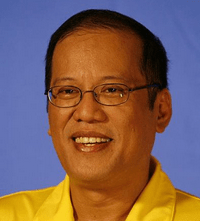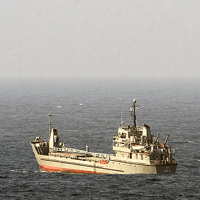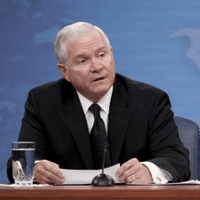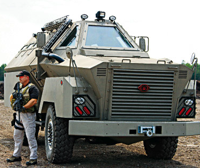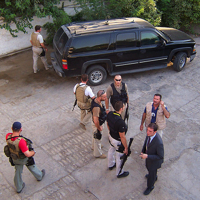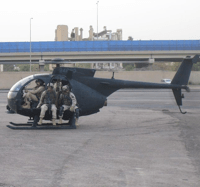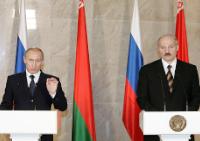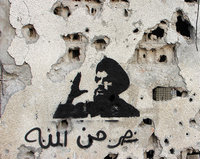
When Lebanon’s new prime minister announced he had finally formed a new cabinet after five months of negotiations, the Lebanese people seemed startled by the abruptness of the news. The announcement by Prime Minister Najib Mikati heralded a new era for Lebanon: For the first time, the militant Shiite group Hezbollah — designated as a terrorist organization by the U.S. and a number of Western nations — will hold the majority of ministries in the Lebanese cabinet. The exact timing of the announcement points to the powerful forces at play in Lebanon, suggesting that with the new government in place, […]

